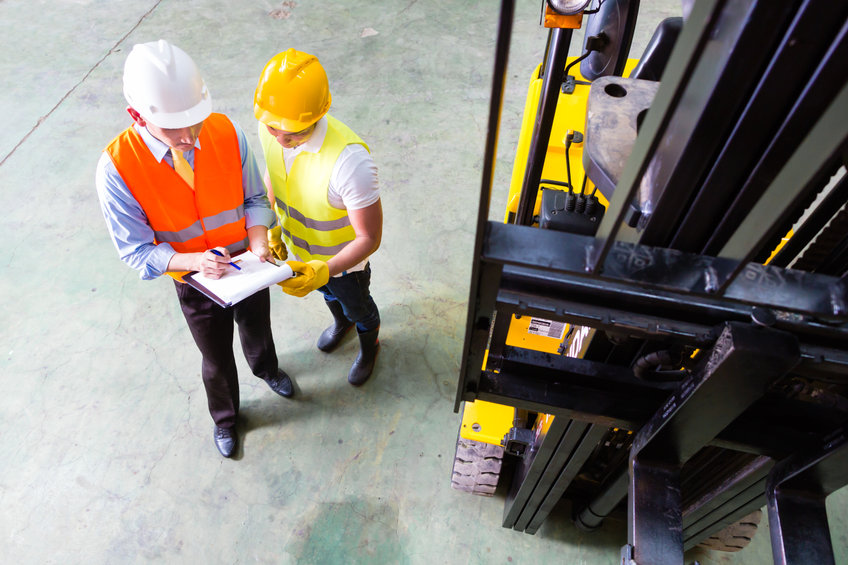
Ultimate Heavy Equipment Maintenance Checklist
December 13, 2021
Two Questions To Ask When Financing Forestry Equipment
February 10, 2022When equipment is down, a number of things happen. Clients get frustrated, projects idle, profits are lost, and more. Paired up with the fact that repairing heavy equipment is done on-site, it’s important that you have a plan in place for repairing but also for maintenance as well.
Here is why taking these preventative maintenance measures is so important.
Heavy Equipment Is Involved In Many Industries
Heavy equipment quite literally is responsible for a lot of heavy lifting of people’s lives. There are several industries that heavy equipment is involved in, including:
- Construction
- Real estate
- Urban planning
- Food production
- And landscaping
In other words, heavy equipment is directly responsible with food that we put into our bodies and the homes we live in and the buildings we work in. Because of its involvement, it makes sense that you want to stay on top of machines being in good working order.
Preventative Maintenance Covers A Wide Range Of Things
When taking proper preventative maintenance processes, you’ll not just be running maintenance on it. The process involves regular inspections, cleanings and repairs of several parts like hydraulics, engines, and other moving parts.
Preventative Is Better Than Reactive
Maintenance of heavy equipment can be one of two things: preventative or reactive.
Preventative maintenance, as you might guess, involves scheduled care of the equipment including things like oil (or other fluids) changes, checking the pressures of tires, and regular cleaning.
On the other side, reactive maintenance involves no maintenance or repairs on the machine until the machine either fails or isn’t operating efficiently.
The issue with reactive is that while you’ll spend more time using the machine (and not running daily or hourly inspections), you’ll experience more downtime with it while you’re waiting for repairs. Furthermore, technicians will spend a lot of their time running diagnoses of the equipment’s weaknesses.
Preventative maintenance practices entail logging and reporting problems as they come up, ensuring technicians won’t have to run diagnostics to figure out what’s wrong.
All in all, taking the time and the occasional small expense to keep equipment in good condition tends to be the better move.
Preventative Maintenance Will Make Machines Last Longer
Running a machine until it starts breaking down can seem wise but in reality it shortens the lifespan of heavy equipment considerably. After all, when you begin taking preventative maintenance seriously and have good plans in place, you’ll notice smaller issues springing up.
Those small issues – if left untreated – do lead to those larger problems and machines suddenly not working.
Preventative Maintenance Provides Ample Benefits
It can be difficult at first to get into the habit of doing routine checkups before and after use of equipment as well as during the time it’s in operation, however it has great benefits to make it worth it.
For one, when you are reactive to repairing it’s not only going to be more expensive but it often drives profits down. A single asset that’s sitting in the garage waiting to be repaired can create a large domino effect. Things like project delays, reduced returns, and tension with clients are some of those effects.
That being said, preventative maintenances prevents those things. Some other benefits include:
- The opportunity to journal the working history of the machine. There is software you can get that can also streamline the process too. Journaling allows you to ensure machines are working at peak performance at all times.
- You can identify potential problems before they appear during an important project.
- Cultivate a culture of appreciation for company equipment since operators will be responsible for monitoring the gauges, oil levels, operating hours, minor equipment updates and odometers.
- Preventative maintenance also shows that you care about your employees who could get injured or killed if your practices are more reactive.
- You avoid the schedule-related nightmares that come with replacing or filing in for broken assets.
- You avoid having to find a substitute equipment much sooner than expected.
- You reduce costs associated to buying heavy equipment including panic buying or settling with a quick purchase.
All in all, investing little bits into heavy machinery makes business sense and is easier for people to manage than to suddenly make a big purchase of heavy equipment suddenly. On top of caring for the asset, operators will get a better sense of when a new machine will need to be purchased or not.





